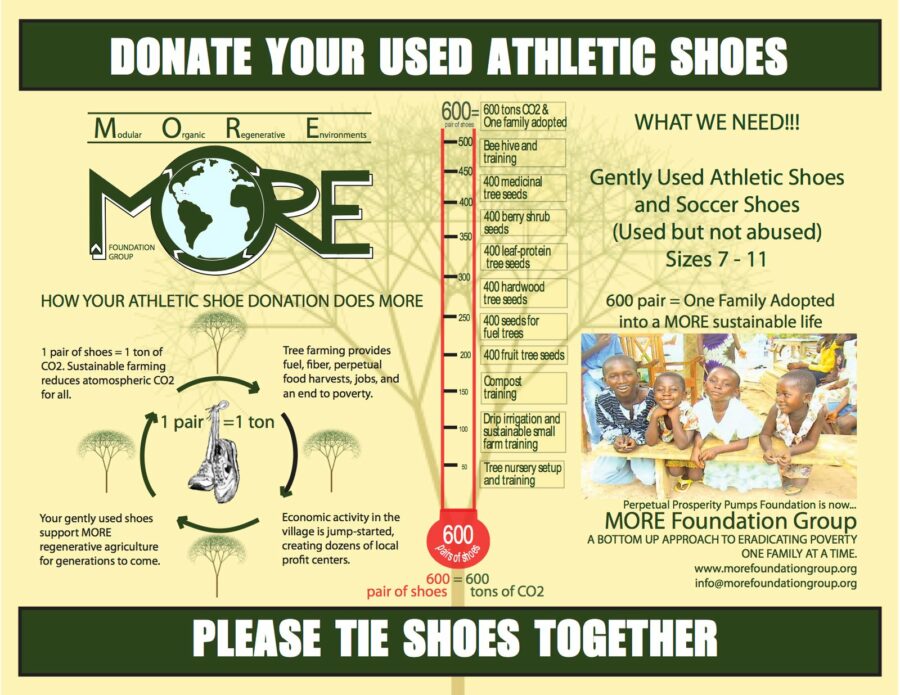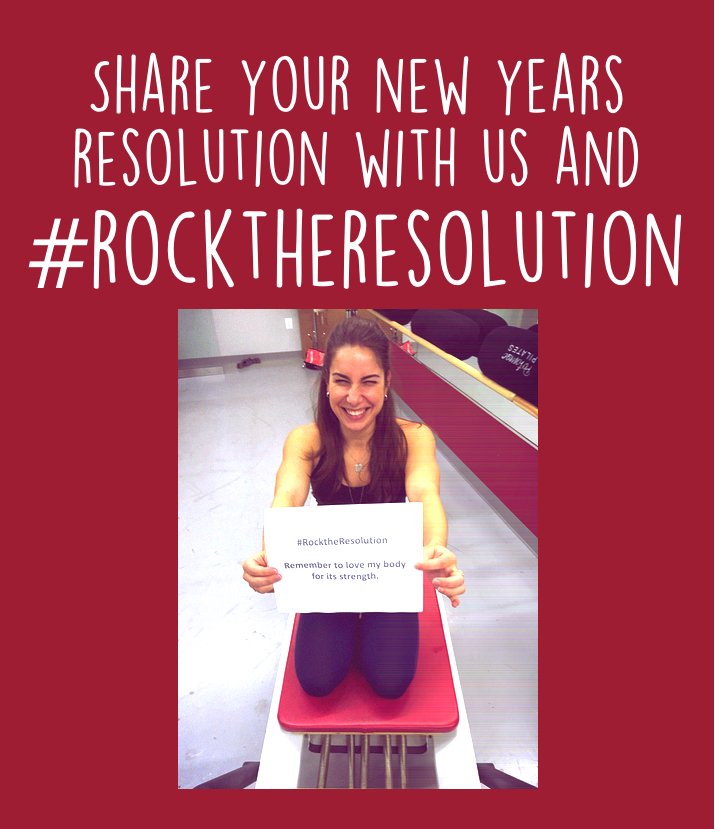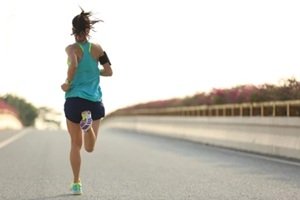 Runners face numerous challenges during training: muscles that tire too quickly, soreness and stiffness, endurance challenges from lung capacity, and even injury. While many runners may focus on each of these areas individually, Reformer Pilates classes can target all at once. This versatile exercise and recovery complements a runner’s normal routine while providing a sense of community and mental rest.
Runners face numerous challenges during training: muscles that tire too quickly, soreness and stiffness, endurance challenges from lung capacity, and even injury. While many runners may focus on each of these areas individually, Reformer Pilates classes can target all at once. This versatile exercise and recovery complements a runner’s normal routine while providing a sense of community and mental rest.
If you have never heard of Pilates or are unsure why it is so useful for runners, knowing its main targets and benefits is helpful. Then, it will be easy to see why so many runners incorporate Pilates into their routines!
The Power of the Core
Anyone who has run, including competitively, knows that form matters. Poor running form is not only one of the main contributors to injury but also a big culprit behind endurance challenges. Runners run the way they do to improve their performance. When they are approaching the finish line and burdened with heavy, exhausted muscles, it is hard for their bodies to maintain the proper form to propel them to the end.
Pilates packs a punch in this area thanks to its focus on core strength. The core is the body’s main support structure, assisting the spine, hips, and legs. By maintaining good posture thanks to extra training from Pilates, runners can improve their endurance (and thus, their times) by becoming more energy-efficient.
Balance and Tension
Speaking of efficiency, another area where runners lose it is in their musculature. Endurance issues can arise from one muscle group shouldering more than its share of the burden when running. Often, this arises from slight imbalances in a runner’s form due to exhaustion over time (see: a lack of core strength to support the body!).
As a result, the runner’s muscles might develop slightly more on one side, overcompensating for the same muscle group on the other side. This creates tension that can lead to injuries such as shin splints. It also throws off a runner’s balance, reducing their efficiency and thus their endurance. Pilates carefully trains the body symmetrically to keep all muscles on the same page.
Breathing
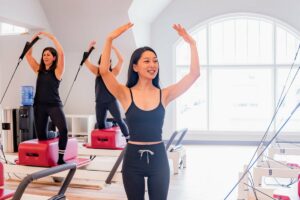 One of Pilates’s main principles is its focus on the self, an inward look that refines a person’s form and breathing. These breathing techniques gradually help the body become more energy-efficient, which can significantly boost endurance during a running session.
One of Pilates’s main principles is its focus on the self, an inward look that refines a person’s form and breathing. These breathing techniques gradually help the body become more energy-efficient, which can significantly boost endurance during a running session.
How Pilates Helps to Prevent Running Injuries
While Pilates has a lot to contribute to running performance, it does not slack when it comes to preventing injuries, either. The techniques employed in Reformer Pilates translate well to an injury-free running experience.
- Flexibility – Gradual stretching is a cornerstone of Pilates routines. By increasing the range of movement and stretch tolerance of ligaments, joints, and muscles, runners can reduce the chances of exertion injuries and stay on track with their running goals.
- Gentle movement – Reformer Pilates focuses on gentle movements rather than explosive exertion. While this might seem like the opposite of how runners want to train, it is invaluable as a way to challenge the body’s limits without the risk of strain or injury.
- Rest and repair – One of the biggest challenges for runners is the high-impact nature of the hobby. Joints and muscles are constantly exposed to the runner’s full body weight, which can cause soreness and other problems over time. Reformer Pilates is a low-impact complement, allowing runners to remain active while giving their joints time to rest and recover. From challenging the body for more muscle development to staying in motion during recovery, Reformer Pilates has plenty to offer. And do not forget that simply staying in motion on rest days keeps the blood flowing, which allows the body to carry proteins and oxygen to muscles that have worked hard during running. This is essential for continued growth and recovery!
Level Up Your Running With Pilates
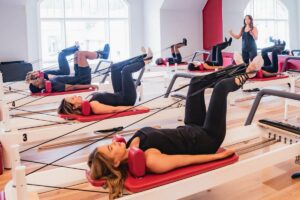 Whether you are a new runner with big aspirations or a seasoned marathon pro looking to refine your routine, Reformer Pilates has plenty to offer. From additional training benefits such as breathing focus that improves endurance to a low-impact option for recovery and stretching, Pilates runs the gamut of services runners need on their days off.
Whether you are a new runner with big aspirations or a seasoned marathon pro looking to refine your routine, Reformer Pilates has plenty to offer. From additional training benefits such as breathing focus that improves endurance to a low-impact option for recovery and stretching, Pilates runs the gamut of services runners need on their days off.
As an added benefit, runners often value Pilates’ meditative, self-focused nature to provide mental rest alongside bodily recovery. If you want to try Reformer Pilates, contact RTR Pilates today to sign up for a class and see what a difference it can make!

